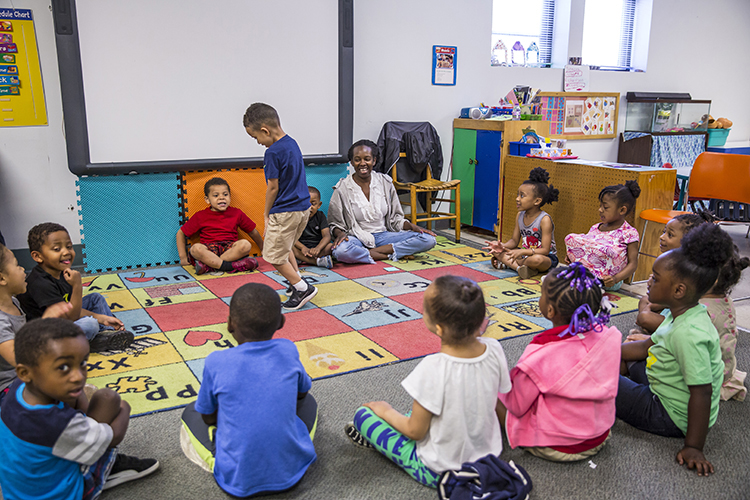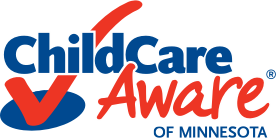Deregulation is Not the Answer

Reducing the rules that regulate child care is often offered as a solution to declining numbers of family child care programs. Late last year, Child Care AwareÒ of America published a one-page issue brief, The Child Care Supply Crisis: Why Deregulation is Not the Answer. It showed that the number of family child care programs decreased by 24% nationally since 2014. Minnesota, Wisconsin, and North Dakota have seen the same trend. This especially impacts rural areas and small towns where family child care makes up the majority of available child care.
A closer look at the data reveals two interesting facts. First, the decline in family child care settings began over ten years ago, long before most states implemented tighter regulations. Second, this decline is occurring both in some states with strong regulation and in some states that allow unlicensed and unregulated family child care. This suggests that increased regulation is not the only cause of the decrease and that deregulation alone will not reverse it.
There are many reasons why there are fewer family child care programs, including low wages, long hours, and tight profit margins. Demographics also plays a role; long-time family child care professionals are retiring faster than new ones are entering the field. These factors, combined with the challenge of navigating licensing and regulatory requirements, require a comprehensive approach to solve.
Child Care Aware of Minnesota offers help for family child care programs through business grants, retention bonuses, higher education scholarships, free and low-cost training, one-on-one help with professional development needs, and Parent Aware Star Ratings. These programs are a good start toward creating a system that supports and sustains the people who care for and educate the youngest Minnesotans.
